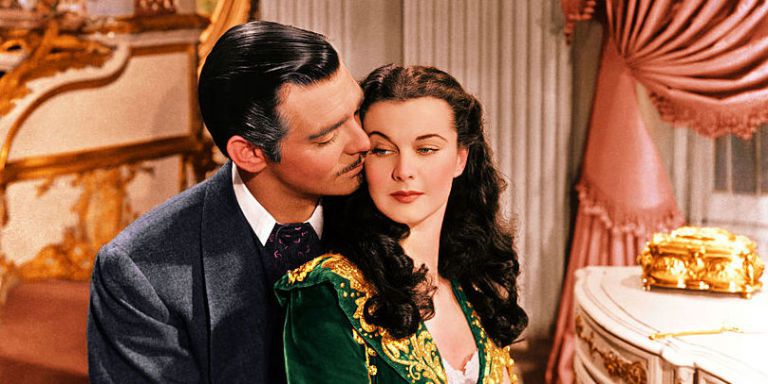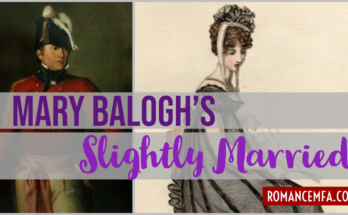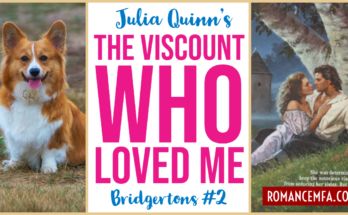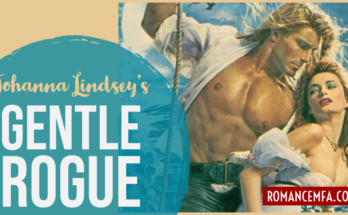A sweeping tale of war, cultural shifts, survival of the most ruthless, epic love, and pervasive racism.
Book details:
Title: Gone With the Wind
Author: Margaret Mitchell
Original publication date: 1936
Setting time & place: 1860s Georgia
He is… a rakish dandy, outcast by society and making his fortune during the war playing by his own rules; 45 years old at end of book.
She is… a 16 year old society belle at the opening of the book, a 28 year old business woman at its close.
Reasons to read this title: American history, past and present, and a strong example of a female anti-hero.
My review of Gone With the Wind
Is it a romance novel? No. While it does contain a love story, the love is not really central to the storyline, nor does it end happily.
Is it a must read romance novel? I wouldn’t hand it out as a pleasure read. Like The Sheik, it contains a lot of terrible racist ideas and is perhaps best considered an ‘archaeological experience.’
Gone With the Wind revolves around Scarlett O’Hara, who starts out as a selfish, spoiled teenager and is shaped by the hardship of war into a cold, calculating woman who pays no mind to the desires of anyone but herself. Scarlett is a strong female character (TM), but also a terrible person. I am fairly certain that if the story were gender-swapped, I’d still be appalled by many of the things she does. Can Mitchell make you sympathize with Scarlett anyway? There are mitigating factors for Scarlett: she’s a character damaged by living through a war, suffering from PTSD which causes her resource hoarding. However, I come away with the sense that even if there hadn’t been a war, she still would have been a terrible person.
Mitchell doesn’t succeed in making me sympathize because it’s not quite possible for me to feel sorry that the people who were rich and comfortable off slave labor were no longer rich and comfortable after the war. But reading the justifications in the book gives me an illusion of insight into the thought process of racist, conservative America today. It’s hard to look at lines like the following and not think that they seem just as applicable today as 150 years ago. (I wish I felt we’d made more progress.)
I wonder if they know they are fighting for a Cause that was lost the minute the first shot was fired, for our Cause is really our own way of living and that is gone already.
If we just stand together and don’t give an inch to the Yankees, we’ll win, some day.
In the end, I think how much you can feel for Scarlett depends on what your tolerance for racism is.
(Better minds than mine have addressed the racism in Gone With the Wind – see the NY Post in 2015, the Memphis Orpheum Theatre cancelling showings of the film in 2017, Meg Elison writing for Electric Lit in Feb 2018, the 2014 Gawker piece Elison links on why the ‘Southern Belle’ is a racist fiction, and this March 2018 piece in The Outline on Cheney McKnight, an African-American historical reenactor and interpreter working to dispel the ‘happy plantation’ myth. While you’re at it, take a listen to the History Chicks episode on Hattie McDaniel, the actress who played Mammy in the movie. And read The State of Racial Diversity in Romance Publishing Report from the Ripped Bodice. This is a big issue and I don’t care what your pigmentation is–you’d do well to be informed for starters.)
That’s the main thought that I come away with, but I did read the book because it’s known as a great love story and was a phenomenon of its time, so let’s look at that.
If it were possible to divorce Rhett Butler from the backassward racist ideas of plantation slavery, he would be my favorite hero in the Romance MFA readings thus far. My long investigation of alphaholes was simultaneous to reading Gone With the Wind, so I was hyperaware of his behavior in the part of hero. And damned if he doesn’t pass 95% of the test for me to stay on the “good” side of alphahole.
Rhett explicitly says that he’s waiting for Scarlett to grow up before he propositions her. He’s her friend first. He loves her for her mind. He never shames her for having had sex with other men before him. He takes care of her while she’s pregnant with another man’s baby. He’s a good father to Scarlett’s children from her previous marriages. He loves their own daughter so much that her death leaves him irreparably broken. He loves Scarlett so much that every time they interact I want to beat Scarlett over the head for her stubborn blindness to it.
“Did you ever in your novel reading come across the old situation of the disinterested wife falling in love with her own husband?”
“You know I don’t read novels,” she said and, trying to equal his jesting mood, went on: “Besides, you once said it was the height of bad form for husbands and wives to love each other.”
“I once said too God damn many things,” he retorted abruptly and rose to his feet.
But he is jealous of Ashley and that jealousy eventually drives him to an incident of drunken marital rape. And even that I want to excuse because Scarlett is so blind to his feelings and her feelings and… But it’s still not cool.
And there’s still the racism–after the war is over all the men in town are going to “political meetings,” their shallow cover for the fledgling Ku Klux Klan. Rhett doesn’t join since his political game is to play both sides, but he doesn’t disapprove of the mission either.
Violent blood was in them all, perilously close to the surface, lurking just beneath the kindly courteous exteriors. All of them, all the men she knew, even the drowsy-eyed Ashley and fidgety old Frank, were like that underneath—murderous, violent if the need arose. Even Rhett, conscienceless scamp that he was, had killed a negro for being “uppity to a lady.”
So, yeah. Racism ruins everything, even otherwise mostly adorable heroes. Next week I’ll look at the romance tropes in Gone With the Wind – what’s there, what’s missing, and what’s subverted.



